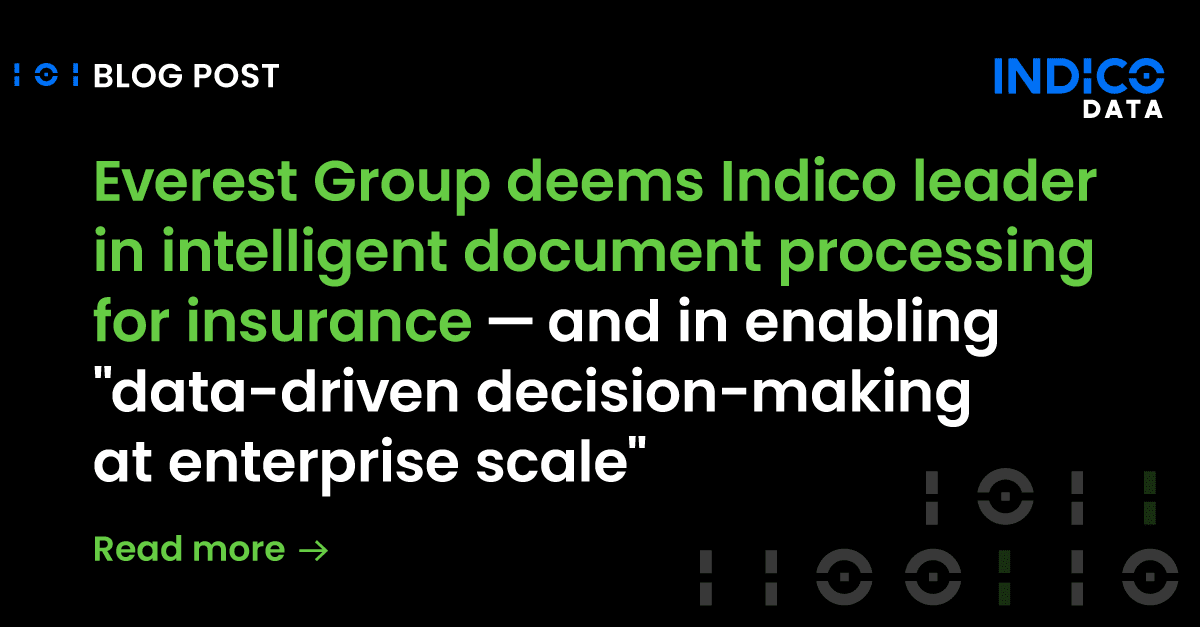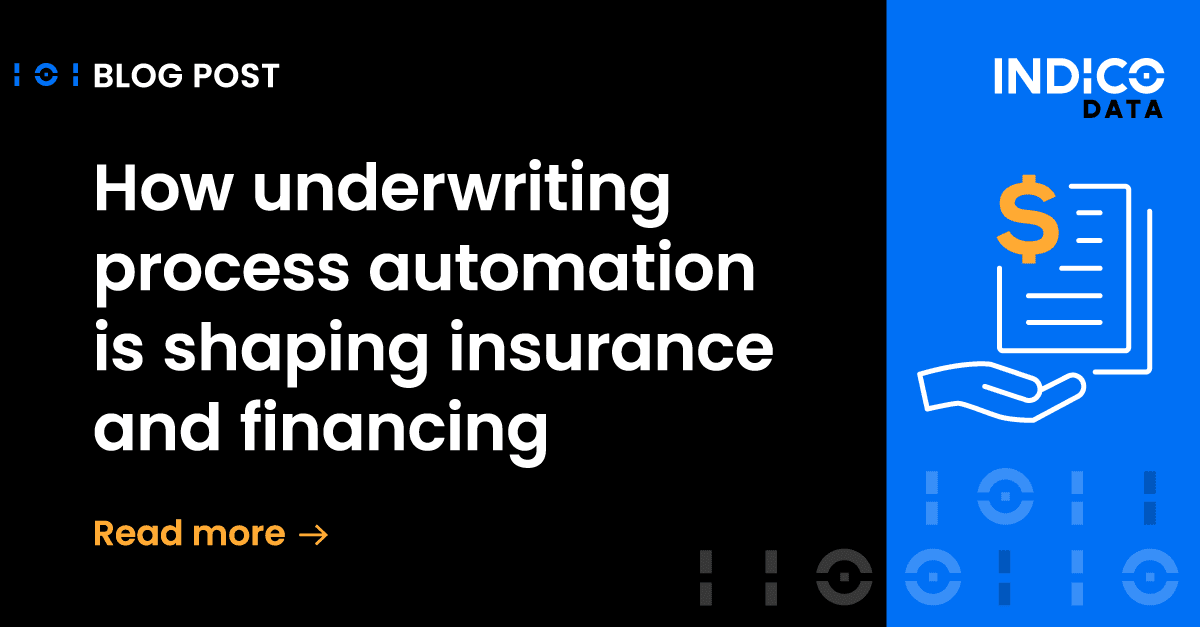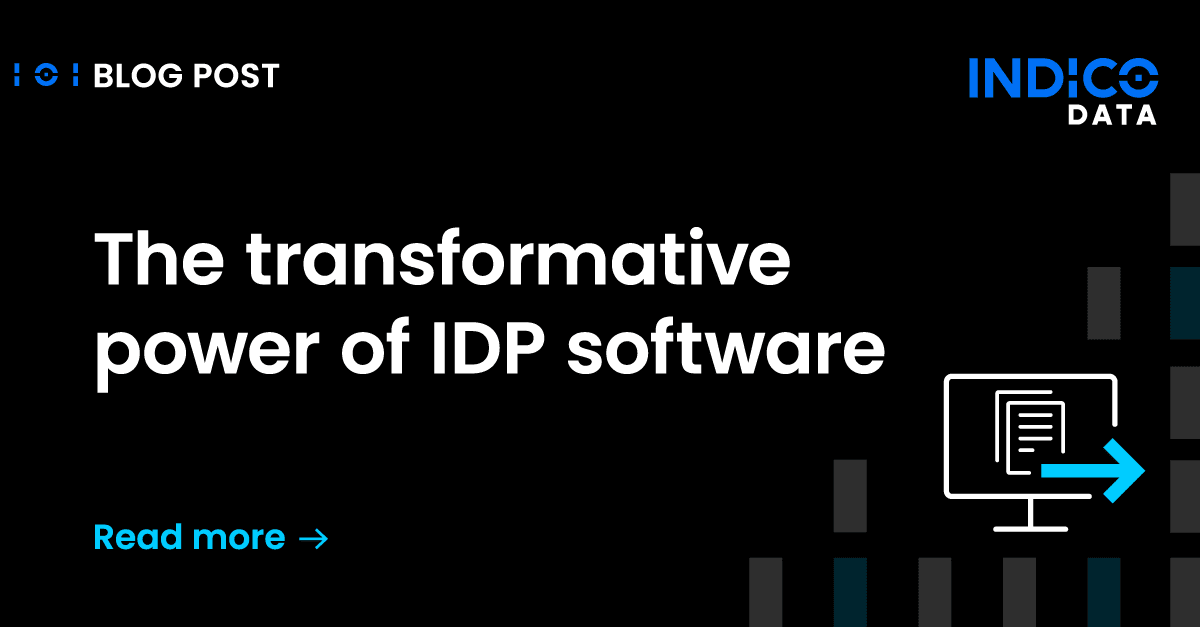Much of the work that goes into shared services is not exactly rewarding. Processing invoices and purchase orders, looking over contracts, checking mail in the corporate in-box, new vendor onboarding – they all involve a number of discreet steps that can be mundane and time-consuming, making them ripe for process automation.
Shared services involves centralizing services used by more than one department in a company, such as finance, purchasing, payroll and legal. While many companies have improved productivity by adopting the shared services center model, far fewer have achieved the goal of shared services process automation. But achieving that goal is now within reach, by combining robotic process automation (RPA) with intelligent document processing (IDP).
Tools for robotic process automation in shared services work well to automate processes that are highly repetitive and involve structured data. In such cases, RPA bots can be trained to extract certain pieces of content and input them into a downstream processing system. That can save lots of time and relieve humans of monotonous work.
Where RPA hits a roadblock is when the process involves unstructured data – such as PDFs, emails, Word documents and images – where relevant data is not necessarily in the same place every time. In many instances, automating processes involving unstructured content requires a tool with cognitive capabilities that enable it to “read” the content much like a human does.
That is exactly what intelligent document processing tools bring to the table. IDP tools are trained on a large set of data and incorporate artificial intelligence technologies including natural language processing, machine learning and transfer learning. Together, these capabilities give intelligent automation tools the ability to automate processing of most any kind of document or image.
Used in combination with RPA, IDP tools can be used to automate numerous shared services processes. Following are a few examples.
Related Article: 3 Reasons Why Template-less Automation is Key to Unstructured Data Extraction
Automating invoice and PO processing
Some may consider an invoice or purchase order (PO) to be structured content because they have well-defined fields. But most companies deal with invoices and POs from dozens or hundreds of vendors, each of which uses its own format. It’s all but impossible to train an RPA bot to deal with each of them.
It’s entirely feasible, however, to build an IDP model that can extract key pieces of information from a PO or an invoice – such as customer name, invoice/PO number, amount and due date – and translate it into a structured format. At that point, the RPA tool can step in and input the data into an ERP or other downstream system for processing.
New vendor onboarding process automation
Adding a vendor to an ERP system is another process that’s a good fit for the RPA/IDP combination. It can take significant time to input all the required data, such as contact information, addresses, phone numbers and data from W-9s, industry-specific licenses and more. Perhaps you also need to do an online account setup and send a welcome email.
A good IDP tool will be able to handle the data extraction component, handing off all the required data to an RPA tool to take care of things like account setup and that welcome email.
Related content: Achieving unstructured data automation with RPA
Automating contract processing
Contract processing involves poring through contracts looking for specific language, ensuring language is accurate and in sync with other documents. Many of the terms in the contract must be extracted and input into downstream systems, such as to ensure service level agreements and other criteria are met. This can be tedious, especially given contracts can easily be dozens if not hundreds of pages long.
An IDP model can be trained to look for specific terms and language, saving potentially hundreds of hours for humans. Then, once again, the terms can be handed off to an RPA tool, which inputs them into the downstream systems.
Digital Mailroom
Most any company today has a corporate email in-box for general inquiries and many have more than one, for sales, support and the like. These in-boxes can be flooded with emails, each of which must be read and processed. For large companies, that can mean dedicating dozens of representatives to the task (as this previous blog post details).
A good IDP tool can “read” each email much like a human would, including attachments such as PDFs and Word documents. The tool can discern what the topic is, classify it or even route it to an appropriate subject matter expert. For simple matters like a change of address, the IDP tool could extract the relevant information and hand it off to an RPA tool for input into a CRM or ERP system.
Indico Intelligent Process Automation
The Indico Intelligent Automation Platform is one such IDP tool that is helping customers automate these and other share services tasks, saving hundreds of hours of human effort and dramatically boosting productivity. The Indico platform is based on more than 500 million labeled data points, so it can understand the context behind virtually any document or image.
We then apply artificial intelligence technologies including machine learning, transfer learning and natural language processing. Using our intuitive tools, business process owners (not data scientists) label actual documents involved in their processes to create automation models that work with extremely high accuracy.
To see for yourself how powerful the Indico platform for unstructured data is, sign up to request a free demo. Or, if you have questions, just get in touch. It may put your shared services center on the path to a dramatic productivity boost.





